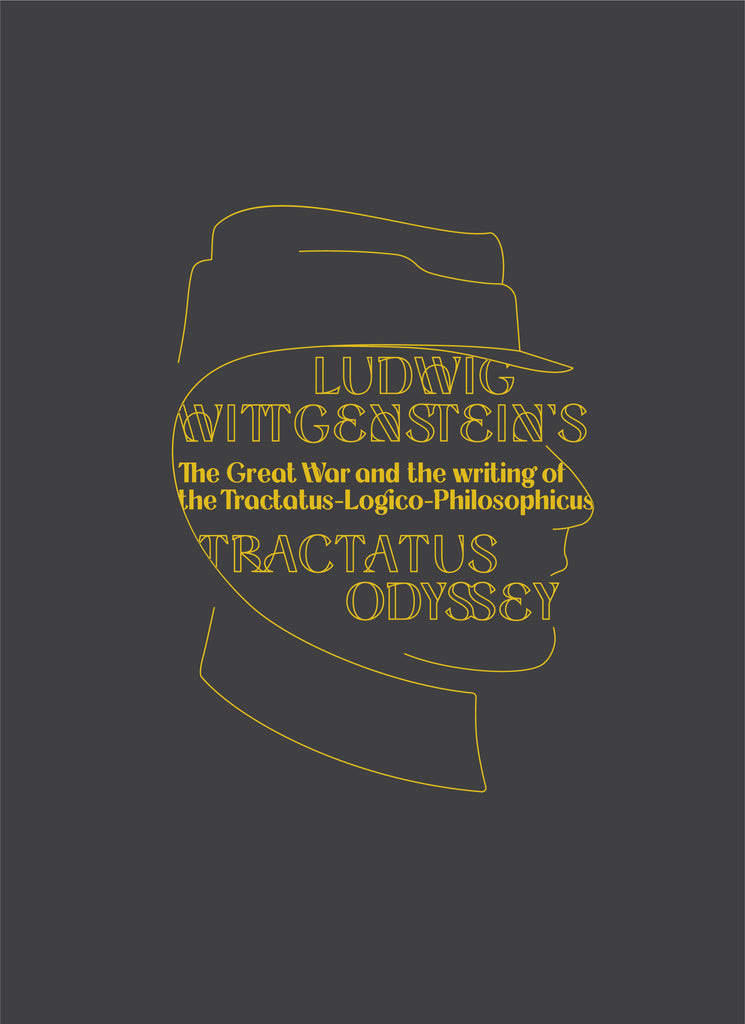
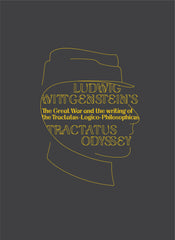
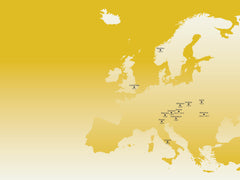
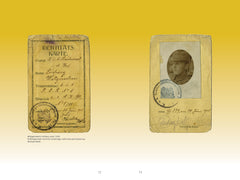
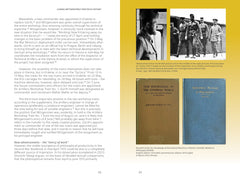
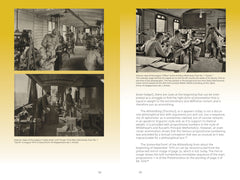
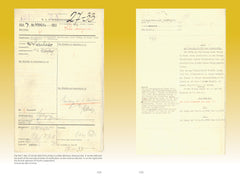
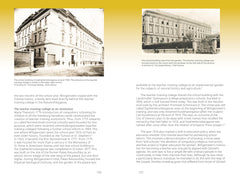
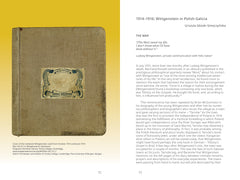
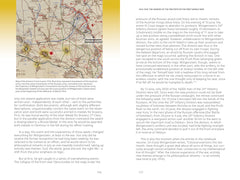
Ludwig Wittgenstein’s Tractatus Odyssey: The Great War and the Writing of the Tractatus-Logico-Philosophicus
AVAILABLE NOW FOR PRE-ORDER
Edited by Radmila Schweitzer
Co-published with the Wittgenstein Initiative
240 pages fully illustrated in color
October 2023
$49.95 | 9781954600133 (softcover with gold foil embossing)
A collectible book charting Wittgenstein’s movements, personal struggles, and intellectual development, from Vienna to Cambridge and Norway, to the battlegrounds of WWI, where he completed what was destined to become the most influential philosophy book of the 20th century.
Ludwig Wittgenstein’s way to the Tractatus Logico-Philosophicus, one of the ground-breaking works in the history of philosophy, can rightly be termed an Odyssey. Both in terms of his movements and his intellectual development in the course of writing it, the Tractatus incorporated an exciting, improbable journey. A compendium of scholars have come together at the 100th anniversary of the work’s first official publication in 1922 to detail the main stations in Wittgenstein’s life that would entirely transform philosophy. The years 1912 to 1922 are illuminated through photos, military maps, and letters against the backdrop of one of the most dramatic periods in world history.
The complex theory of language developed by Wittgenstein In the Tractatus had an enormous influence not only on philosophy, but extended also to literature, music, film, painting, architecture, anthropology, and economics. Its uniqueness and rigor challenge our perceptions to this day.
Ludwig Wittgenstein’s Tractatus Odyssey is a day-by-day account of the creative process and dramatic context in which one of the greatest and most influential texts of the modern age came to be. With leading scholars in the field setting the scene, and using a remarkable number of primary documents, this book shows the reader how this key text in modern philosophy was so crucially affected by the war in which its author took such perilous part. At times it is almost as though we are with Wittgenstein, directly experiencing how he worked to solve the problems he saw in logic, while navigating the perils and terrors of the Great War on the Eastern Front, coming to terms with the relation between his own ethical self and the world along the way. Add to that the personal tragedies, ironies and accidents that led—eventually—to the Tractatus’s publication after the war, and this shows that the book’s odyssey is a tale most worthy of the telling.
—Steven Beller, author of Vienna and the Jews and A Concise History of Austria


